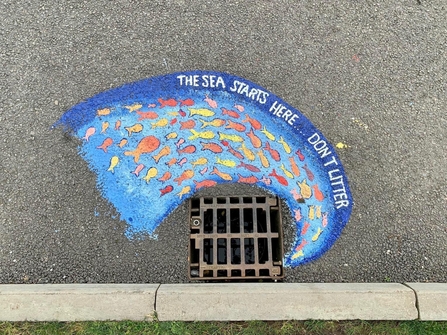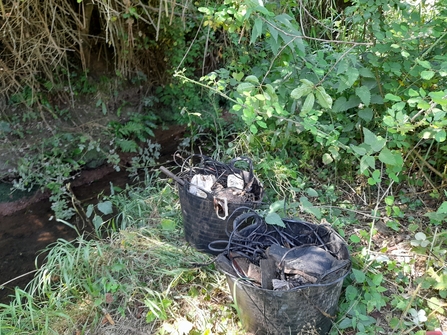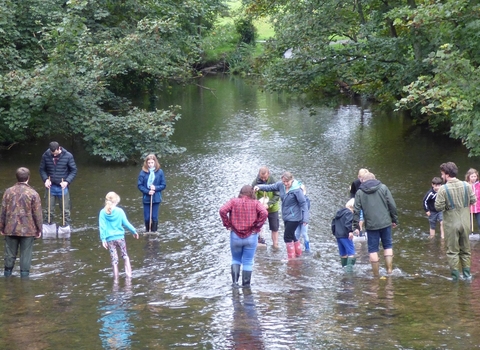The state of our rivers has always been a local concern. In fact, reducing river pollution was a top priority when we asked the public for feedback during the general elections last summer. We all know that blue spaces offer valuable recreation and wellbeing benefits and that healthy rivers and riverbanks create a network for wildlife.
Many species rely on water habitats including beavers, kingfishers, water voles, trout, eels, dragonflies, mayflies, ducks, heron, little egret, not to mention visitors such as fox, deer and other mammals.
But how safe and healthy are our local rivers? What actions can we take to address this? Team Wilder is here to support local action.





